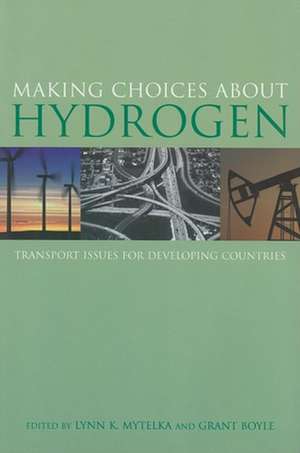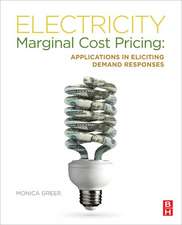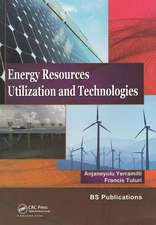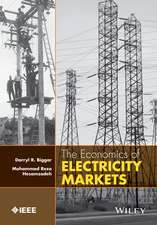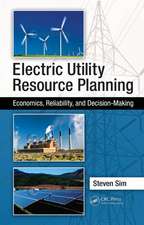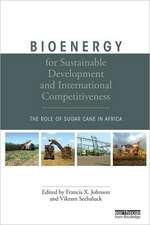Making Choices about Hydrogen: Transport Issues for Developing Countries
Editat de Lynn Krieger Mytelka, Grant Boyleen Limba Engleză Paperback – oct 2008
This timely research discusses how developing countries can factor in competing arguments about the impending arrival of practical hydrogen fuel technology as they explore options for future policies. Since the mid-1990s, the emergence of a hydrogen economy and the speed of its arrival have been vigorously debated. The debate has mainly been among policymakers and industrial or energy firms in the developed nations. Their policies, along with the technological competencies and competitive practices of related industries, have played a central role in shaping both the debate and the direction of technological change. For developing countries the current debate highlights the uncertainties involved in making choices about hydrogen and fuel cells in transportation planning. Whether a hydrogenbased transportation system becomes viable sooner (by 2020) or later (2050 or beyond) is a key issue in their attempts to plan national energy, environment, and transportation policies. There are still many significant problems to solve before hydrogen becomes a practical fuel source. Dominant designs for the production, storage, and distribution of hydrogen haven't been established, and the performance of today's hydrogen protonexchange– membrane fuel cells isn't competitive with that of the combustion engine. However, costs are coming down, and the efficiency and durability of hydrogen fuel cells are improving.
Preț: 276.94 lei
Nou
Puncte Express: 415
Preț estimativ în valută:
52.100€ • 55.73$ • 43.79£
52.100€ • 55.73$ • 43.79£
Carte tipărită la comandă
Livrare economică 16-30 aprilie
Preluare comenzi: 021 569.72.76
Specificații
ISBN-13: 9789280811551
ISBN-10: 928081155X
Pagini: 336
Dimensiuni: 152 x 229 x 25 mm
Greutate: 0.59 kg
Editura: Brookings Institution Press
Colecția United Nations University Press
ISBN-10: 928081155X
Pagini: 336
Dimensiuni: 152 x 229 x 25 mm
Greutate: 0.59 kg
Editura: Brookings Institution Press
Colecția United Nations University Press
Notă biografică
Lynn K. Mytelka is a professorial fellow at UNU-MERIT in Maastricht, where she is director of the Hydrogen Fuel Cell Project, and a distinguished research professor at Carleton University in Ottawa. She formerly served as director of UNU-INTECH. Grant Boyle conducted policy research on energy and the environment at UNU-IAS in Yokohama, before serving as associate project coordinator of the UNU HFC Project 2004–2006.
Descriere
This timely research discusses how developing countries can factor in competing arguments about the impending arrival of practical hydrogen fuel technology as they explore options for future policies. Since the mid-1990s, the emergence of a hydrogen economy and the speed of its arrival have been vigorously debated. The debate has mainly been among policymakers and industrial or energy firms in the developed nations. Their policies, along with the technological competencies and competitive practices of related industries, have played a central role in shaping both the debate and the direction of technological change. For developing countries the current debate highlights the uncertainties involved in making choices about hydrogen and fuel cells in transportation planning. Whether a hydrogenbased transportation system becomes viable sooner (by 2020) or later (2050 or beyond) is a key issue in their attempts to plan national energy, environment, and transportation policies. There are still many significant problems to solve before hydrogen becomes a practical fuel source. Dominant designs for the production, storage, and distribution of hydrogen haven't been established, and the performance of today's hydrogen protonexchange– membrane fuel cells isn't competitive with that of the combustion engine. However, costs are coming down, and the efficiency and durability of hydrogen fuel cells are improving.
